In an interview with Hip-hop artist Ruslan, Christian Rapper Sho Baraka explains that although he used to be a Calvinist back in the day, he no longer considers himself one anymore—and in fact openly questions and struggles with the idea of “scripture alone” while acknowledging that he’s not even sure he would consider himself “fully protestant” because of newly developed Eastern Orthodox and Roman Catholic appreciation and leanings.
Sho Baraka, (Amisho Baraka Lewis) is a founding member of the 116 Clique that used to be a part of Reach Records along with Lecrae, Trip Lee, Tedashii, and famously all put on a show in 2010 at the Moody Bible Institute as part of the Unashamed Tour (back when men like Lecrae were in fact unashamed) that received rave reviews from The Gospel Coalition. Baraka left Reach Records on bad terms with Lecrae (they have since reconciled) and would later sign up for a while with Humble Beast. As a side note, he had a pubic dispute with LifeWay after they dropped his record in 2017 for having the anatomical word “penis” in one of his songs, yet LifeWay will carry books where theoerotic authors like Ann Voskamp openly talk about “making love to God.” Baraka is also the co-founder of the progressive TheAndCampaign and co-founder of Forth District.
Originally, Ruslan thought he was bringing on a Calvinist, but Sho Baraka assures him that he’s no Calvinist, noting:
You know, I don’t even know, if I consider myself necessarily fully Protestant anymore. I think there are aspects of the Orthodox tradition that I that I think are very valuable and the mysticism of Orthodoxy that I think is powerful.
When I say today, like Eastern Orthodoxy, and that I think is quite powerful. There’s aspects of Catholicism, that you’re about to have all kinds of issues, obviously, with your fans and me, people are gonna hate me. But yeah, there are aspects of Catholicism that I think, practically in like liturgy, and how there’s a reverence for history and a reverence for tradition.
He goes on to say, “Now, obviously, theologically, there are things that I don’t mess with,” and that “he doesn’t get in the weeds of theological issues that aren’t important,” but that “we get into the weeds of things that I think that our majors…”
I do believe in a total depravity. However, there are other aspects that I’m like, ‘Oh, no,’ but also culturally, Calvinism to me is somewhat problematic in how there is this exaltation of the preaching of the Word. How the pulpit is…is almost like this ultimate thing. Catholicism it was the Eucharist. And in [Calvinism] it’s preaching. And I believe, like, there’s a bit of [Eastern] Orthodoxy in me where there’s like, Where’s the community? Where’s the history? Like? Where is the whole body integration into our faith?
Baraka shares how he currently attends an SBC Church, but that “there are things that I don’t love about this Southern Baptist Church. I am of the belief that I believe that women should be able to preach, I just, you know, I, that’s just my own personal belief.”
Rusland points him to Leighton flowers as a great resource for issues of soteriology, and Sho Baraka goes on to question sola Scriptura:
Well, I struggle—like so for instance, just to give you a real practical thing—I struggle with scripture alone. Like the sola scriptura idea, because I think in the more Orthodox, it’s not just scripture, it’s tradition as well. There are things that you can’t affirm solely through Scripture, because, you know, scripture doesn’t speak to this thing. And so traditional, in the traditional sense, you know, the church has always done this. And so for me, there are certain things like that, that I’m like, ‘Yeah,’ well, I used to hold to this tightly and Calvinism, in a Calvinistic way now I’m like, ‘No…’
Looking a bit taken aback at this response and understanding of what that particular Reformation Sola is, Ruslan offers “I think scripture alone—to me my understanding of scripture alone—is that scriptural is final authority, not only authority” which leads Baraka to exclaim “well amen, you taught me something my friend.”

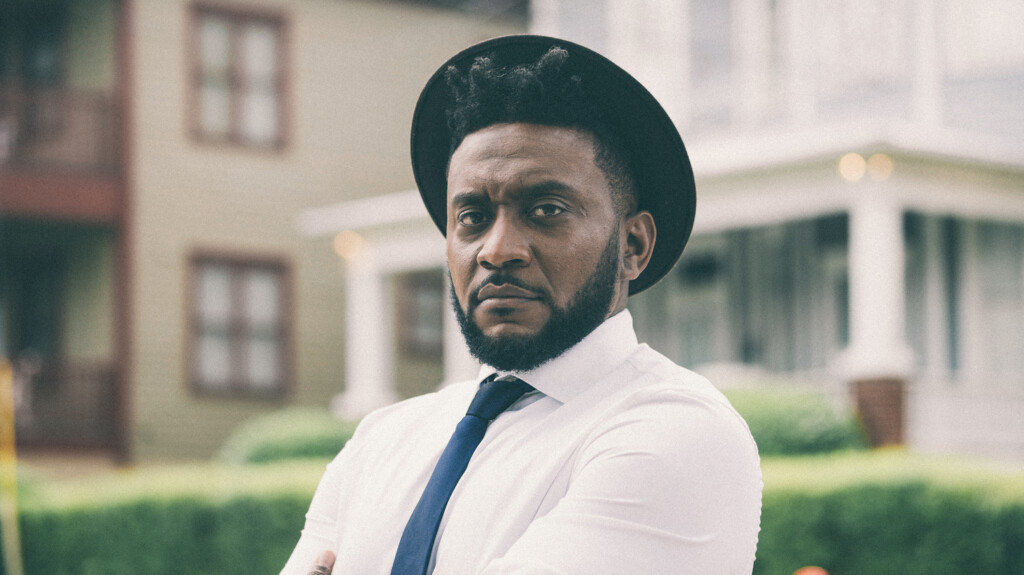


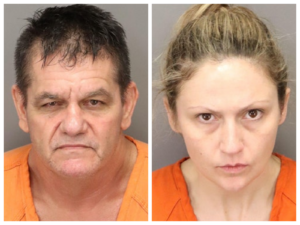


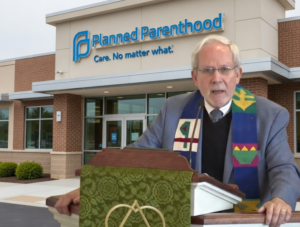

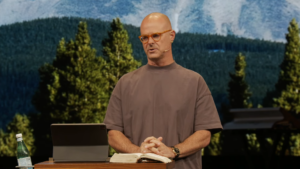
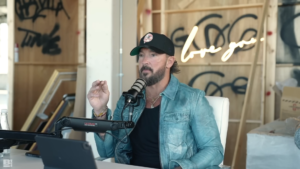

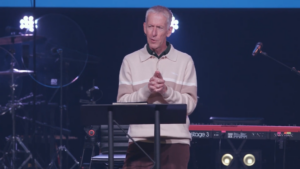


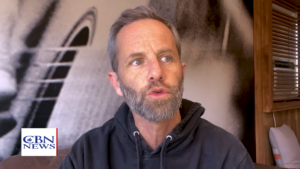


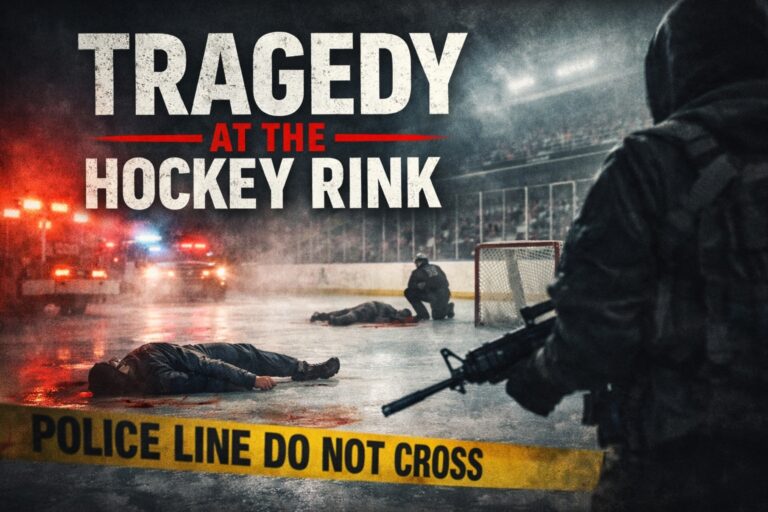


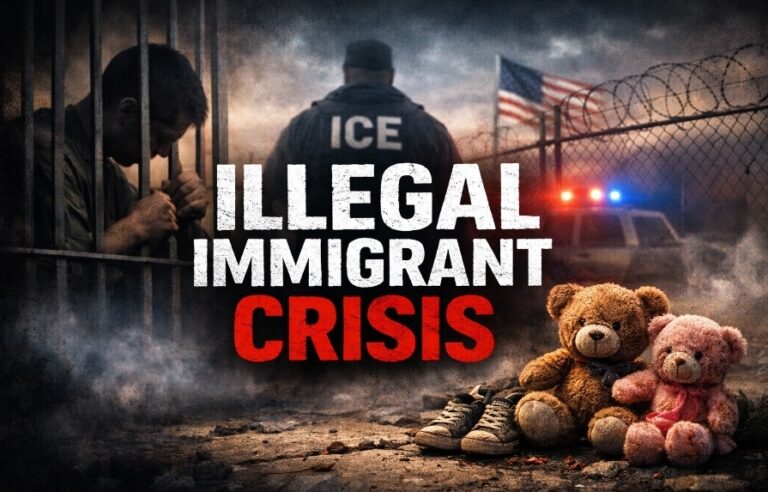


6 responses to “Former Calvinist Rapper Sho Baraka ‘I Don’t Even Know if I Consider Myself Fully Protestant Anymore’”
Ruslan doing his typical fence sitting. Sho Baraka deciding what to believe based on what “he feels like”. Both a recipe for disaster. At least Ruslan was somewhat close on what Sola Scriptura actually means. It means it is the only God breathed authority we have and everything must ultimately be tested by it. However, that does not mean we throw out creeds, confessions, traditions, and everything else from 2000 years of church history, just that all those things need to be tested by Scripture. If they are found in conflict, then they need to be thrown out or reformed (hence the reformation). When it comes to EO and Papists, they claim “sacred tradition” that actually conflicts with scripture. This is why Protestants say no to that. And of course, they both claim to be the “true church”, but neither agrees with each other on that.
There has always been something that bothered me about Ruslan. For some reason I just didn’t trust him. This interview confirmed my apprehension.
B. Rabbit, as AD Robles calls Ruslan, is not to be trusted. He speaks out of both sides of his mouth and actively denies that he believes in marxist ideology while spouting Marxist ideology.
Once one abandons Sola Scriptura, they are spiritually adrift. Now this poor man is tragically untalented AND lost. Pity.
Once a person is lost they can be found. The coin, the sheep, the prodigal son. Too many preachers preach the feel good sermons vs the go to hell sermons. There is a balance, but not too many preach love with correction, or truth with history. The moment you throw away the 10 commandments you start confusion in minds, because they are they are the foundation of the character of God.
This is pretty common. People who leave evangelicalism for either Catholic or Orthodox churches often cite the liturgy and the history as their reasons. As long as evangelicalism presents our worship as permanent children’s church or youth group, and our atmosphere as the “church of what’s happening now,” we will continue to lose members to these traditions. There was an article here recently about the average Episcopalian being in their 60s which presumably prefigures the death of that denomination. But there’s a bit of deception here. Would it surprise you to learn that some Episcopalian churches have several new members join every year? One particular Episcopalian church that I read about is typical- 5 new members the previous month. All over 60.
Our knee jerk is to condemn those who leave evangelicalism instead of researching where they go and why. Evangelical churches are infamous for not having anyone over 50 or so in their churches, no gray hairs permitted. Ever wonder what happens to adults after their kids are out of youth group? Are they just staying at home on Sundays? Do they go to other churches? I know many 50+ self identified evangelical adults who just watch preachers on tv and read devotional books because they don’t go to any church at all. They say they’ve tried some churches and there’s nowhere to go.
The number of seminary graduates who just want to be wealthy, famous authors and hip, woke scolds of permanent youth groups is a demonic failure of modern evangelicalism, but is our stereotypical congregation for a reason. We console ourselves with idea that the apostates are leaving scripture for traditions and works, but as I’ve noted here before, there’s actually very little difference in what is preached from the pulpit across denominations. A shallow and insipid doctrine of love alone, sola amore, is all most churches really teach now anyway. Just go to where you like the music. Since it was evangelicals who elevated music (not scripture, despite our self deception) to the highest of all worship statements , we have no one but ourselves to blame when people leave to go where there’s simply different music.